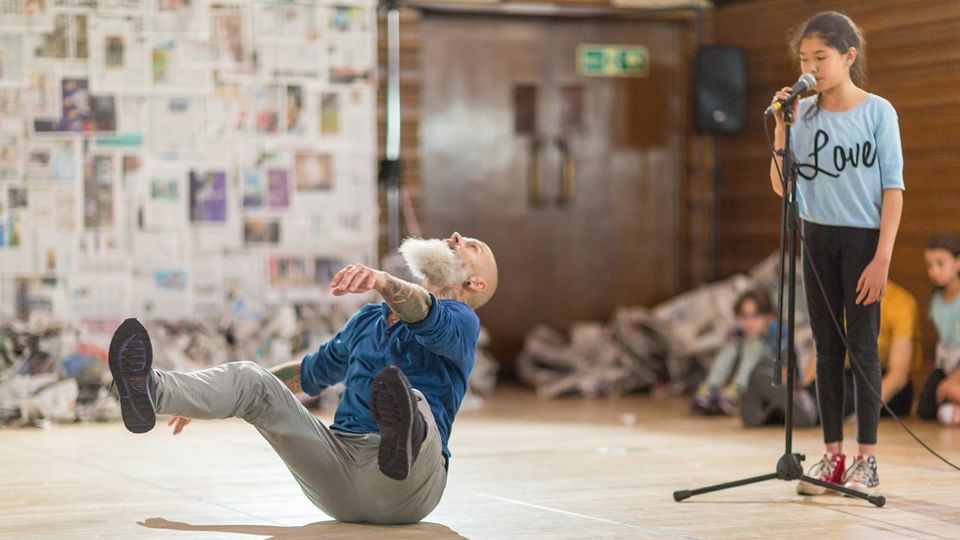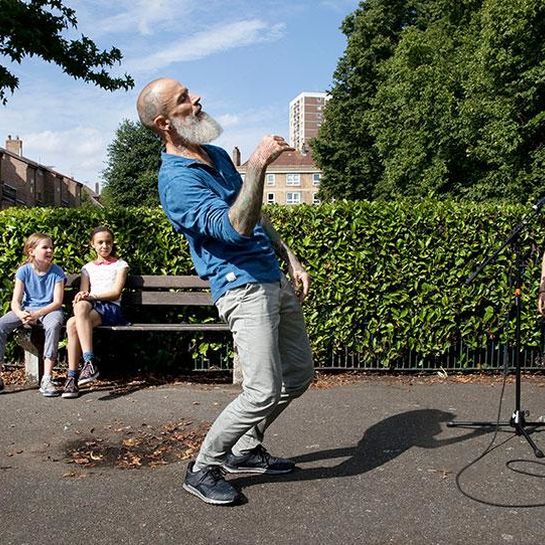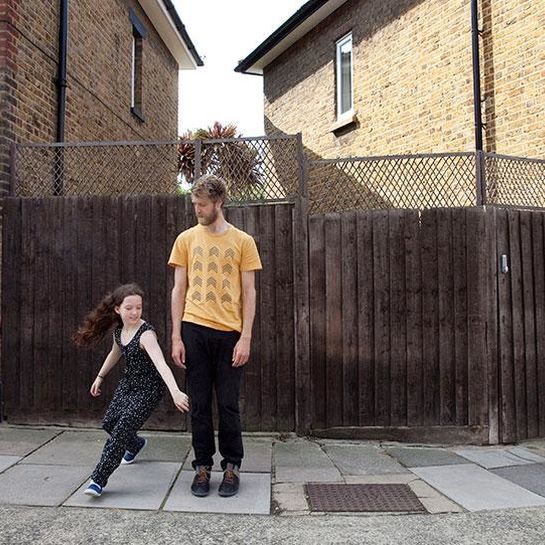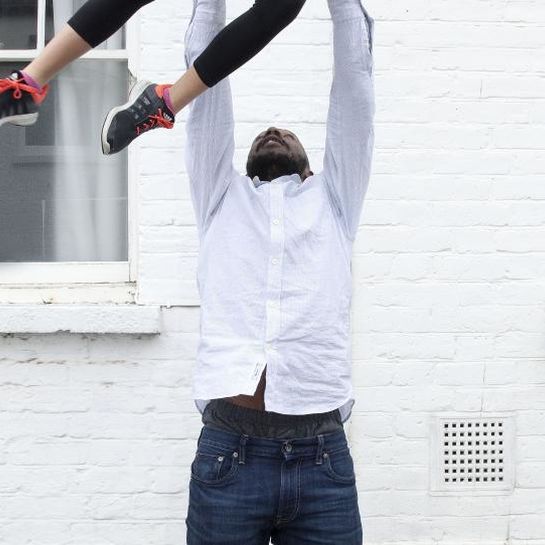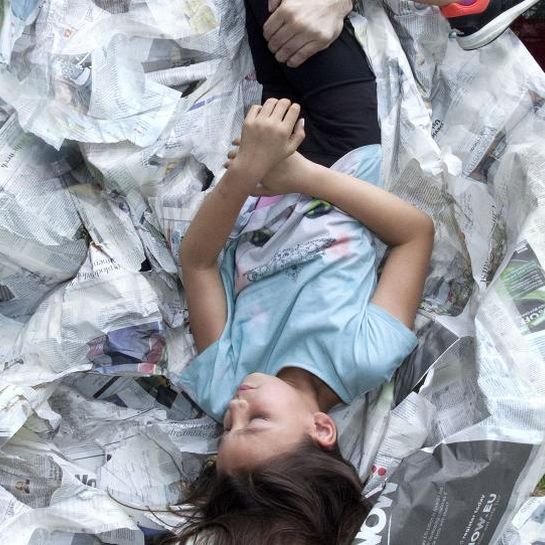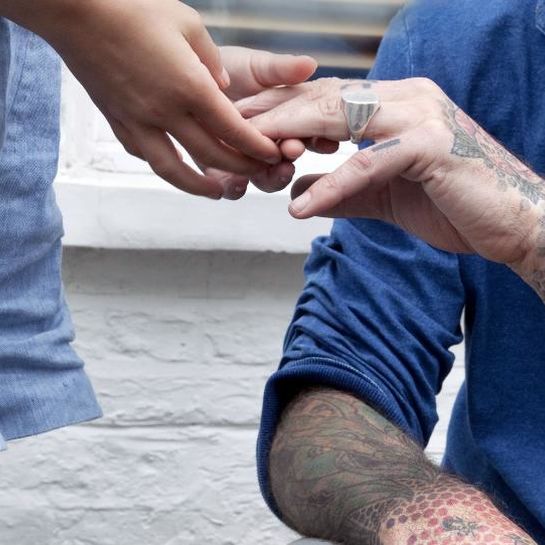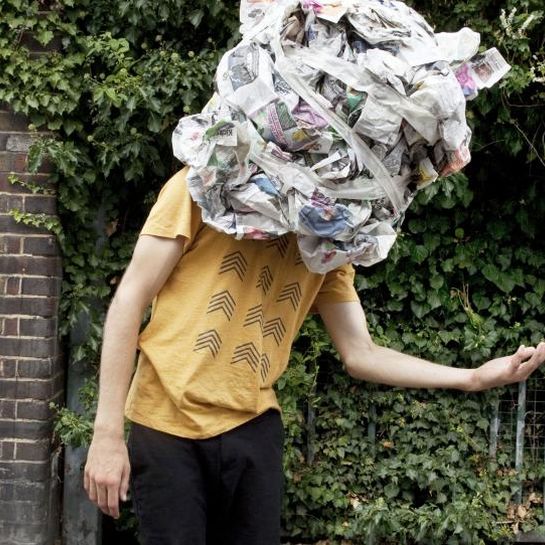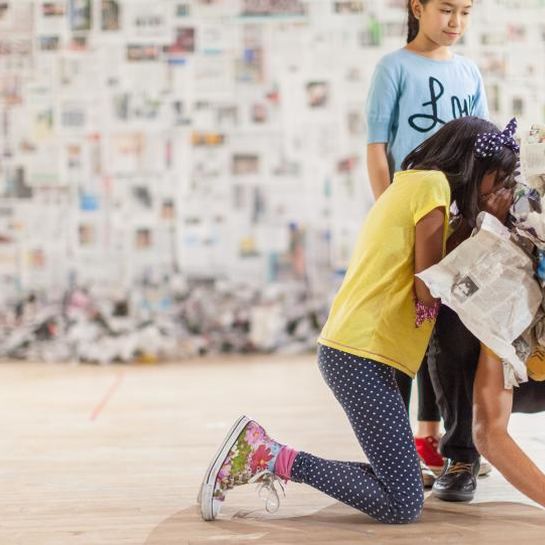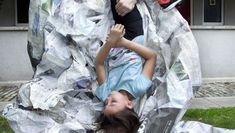Image
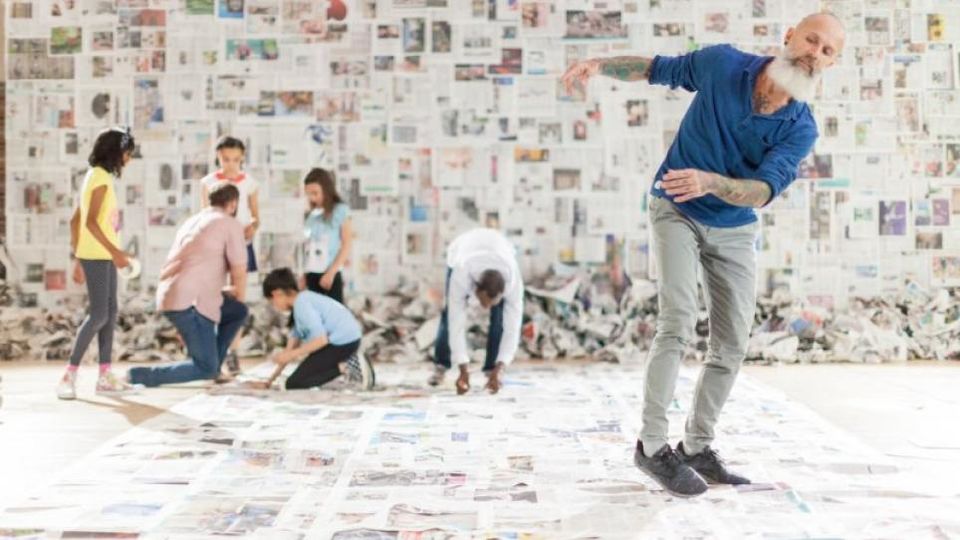
About the project
Produced by Fevered Sleep, Men & Girls Dance brings together two very different groups of performers: adult, male professional dancers, and 8 – 11-year-old girls.
Conceived as a response to the dominant media and social discourses around intergenerational relationships, in which men’s relationships with children are depicted as overwhelmingly negative, Men & Girls Dance reclaims the rights of adults and children to be together, to play together and to dance together. At times playful, at times provocative, emotionally charged, and deeply political, it’s a celebration of tenderness, empathy, care, protection and love. At the heart of Men & Girls Dance is a semi-choreographed, semi-improvised performance, which is recreated in each place the project is presented, with a company of nine local girls aged 8 – 11 joining five male professional dancers to recreate and perform the work.
Accompanying these performances, a programme of conversations, meetings, post-show discussions, online and social media activity, collectively called The Talking Place, create opportunities for people in the places where performances happen to come together and talk about the themes of the project. Alongside this, Fevered Sleep publishes local editions of the Men & Girls Dance newspaper, which further deepens and extends the critical conversations about the themes of the show, its politics, and its impact. The newspaper – like the performance and The Talking Place – invites the participation of local contributors, so that the project as a whole responds to the particular local contexts in which is recreated and presented, deepening the potential for meaningful connections between the project, the research that runs through it, and its audiences.
As well as exploring the politics of intergenerational relationships through dance, the project as a whole proposes an innovative approach to touring, by advocating new kinds of collaboration between touring companies, venue partners and audiences, promoting greater integration of artistic, participation and audience development activities. This new approach to touring is local and bespoke, shifting the conceptualisation and delivery of touring and reimagining it as a local rather than a national activity.
The project’s research questions fall into two strands, one concerned with the politics of the work; one which explores the conventions and opportunities embedded in the mechanisms of UK performance touring:
- How can contemporary experimental dance practice open up discussion and debate about intergenerational relationships, specifically relationships between men and girls?
- How are those relationships represented in mainstream media, and how can this be challenged or reimagined through live performance?
- Which aspects of dance practice will enable this exploration? (touch, trust, care, attention, proximity and distance, empathy)
- How can the spatial and political patterns from intergenerational relationships (such as separation and surveillance) help define the dramaturgy of the performance?
- What (new) approaches to participation best embed these relationships in the communities in which the project takes place?
- How can touring be reimagined as a local rather than national activity, and what are the consequences of this repositioning for professional industry practice?
- How can a producing company act as an agent for change, by advocating for different sorts of relationships between venues, producing companies, funders, participants, and audiences?
- What new approaches to participation and audience development might enable strong, adventurous and risk-taking approaches to producing, programming and touring, and how might these approaches make it possible for experimental work with challenging subject matter to have a broad appeal to diverse audiences?
Men & Girls Dance has developed successful strategies for modelling new interpretations of intergenerational relationships; mechanisms for drawing people into critical reflection and conversation about the project’s themes (crucially, in creative ways outside of academic settings); and practical approaches to engaging diverse audiences in this research. Since March 2016, the performance has been seen by over 9,400 people; 15,000 copies of the newspaper have been distributed for free (in settings ranging from theatres and arts centres to cafes, libraries, pubs and launderettes); 750 people have participated live in conversation and debate in The Talking Place; Over 40,000 people have viewed the project trailer online and over 380,000 people have engaged with it via social media.
Key partners: Quarterhouse, Folkestone; Lawrence Batley Theatre, Huddersfield; The Lowry, Salford; Dance4, Nottingham; South East Dance, Brighton, The Place, London and Tate.
Key funders: Men & Girls Dance has been supported by significant funding from Arts Council England (National Portfolio Organisation funding), the ACE Strategic Touring Fund, Paul Hamlyn Foundation (a More and Better grant), the Wellcome Trust through the Sustaining Excellence programme, and the Jerwood Choreographic Research Project.
Project website: menandgirlsdance.com
Follow Men & Girls Dance on Twitter: @feveredsleep #fsMenAndGirls
Men & Girls Dance was runner up in the Guardian University Award 2017 for Social and Community Impact.
Read more
Guardian feature on Men & Girls Dance
Essay on Men & Girls Dance and successful risk taking in participatory art
Image gallery
Video
